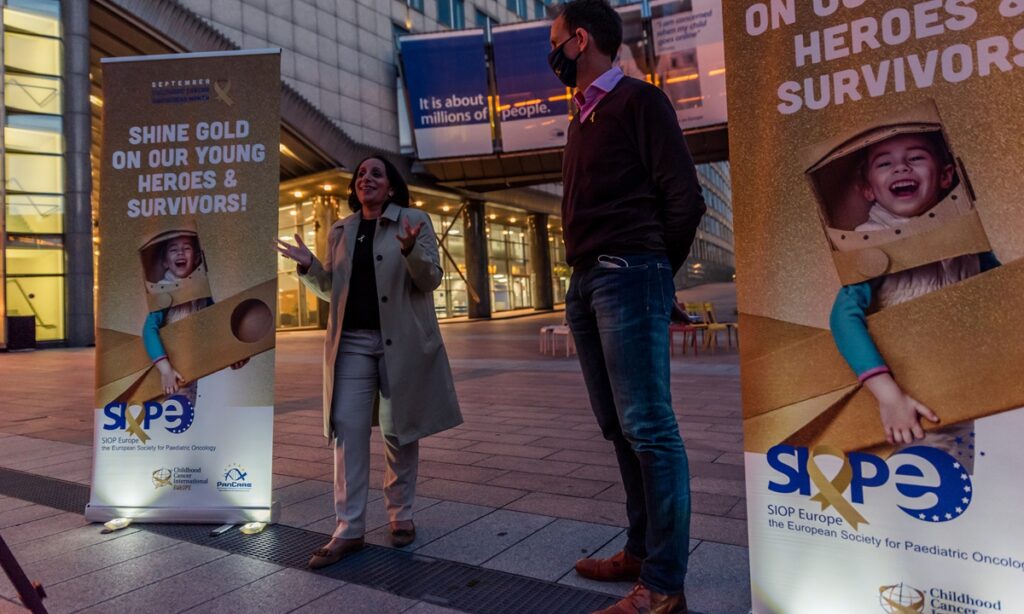The European Commission on Wednesday unveiled a 4 billion euro ($4.8 billion) plan to prevent, treat and research cancer in the EU as part of a bigger project for an integrated health policy.
Health Commissioner Stella Kyriakides, launching the “Beating Cancer Plan” on the eve of World Cancer Day, said the goal was to ensure EU citizens have the same chances of survival no matter which member state they live in.
She said it is “unacceptable that today we have different access to prevention programs across the EU, different rates for early diagnosis, early detection, treatment and of course survival.”
The plan aims to reduce smoking, alcohol consumption and pollution over the coming years and to promote a healthy lifestyle to reduce the 40 percent of cancer cases that are preventable.
It also sets a goal of vaccinating 90 percent of girls in the European Union against the human papillomaviruses that can cause cervical cancer. And it will support increased screening of breast, cervical and colorectal cancers and look at extending those to prostate, lung and gastric cancers.
The European Commission said there are 2.7 million people diagnosed with cancer in the EU annually, and 1.3 million deaths.
Across Europe, there are 12 million cancer survivors, living with varying degrees of need.
While health is the responsibility of each of the 27 member states making up the European Union, the commission has used the coronavirus pandemic to set about taking on a greater role.
To deal with health emergencies, EU Commission chief Ursula von der Leyen is talking about setting up public-private schemes under a European Health Emergency Preparedness and Response Authority. Her vice president Margaritis Schinas, who is also the EU commissioner for the “European way of life,” said of the targeting of alcohol consumption in the cancer plan: “Certainly the European Union will not ban wine, and we will not label wine as toxic – this will not happen.”
Instead, Kyriakides said, the bloc will look at “excise rules for alcohol and tobacco” and leave the issue of consumption to “science.”
European Parliament in Brussels light up in gold, this to convincingly demonstrate how serious childhood cancer is in Europe in Brussels, Belgium on September 1, 2020. Photo: VCG




